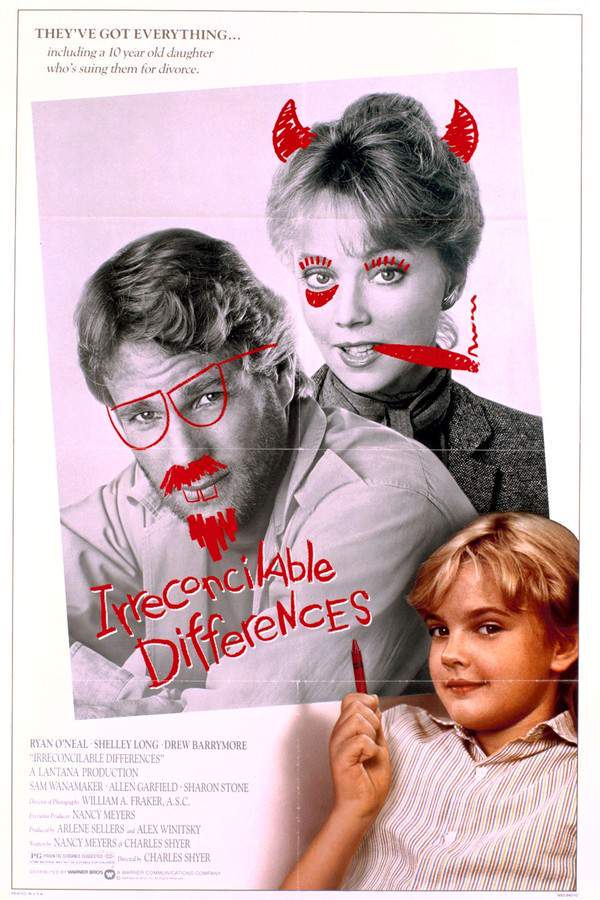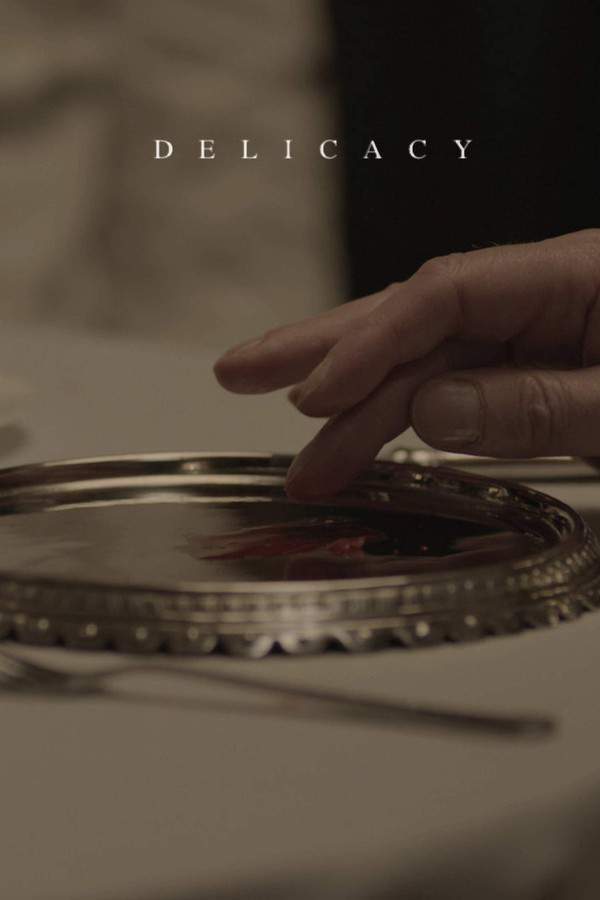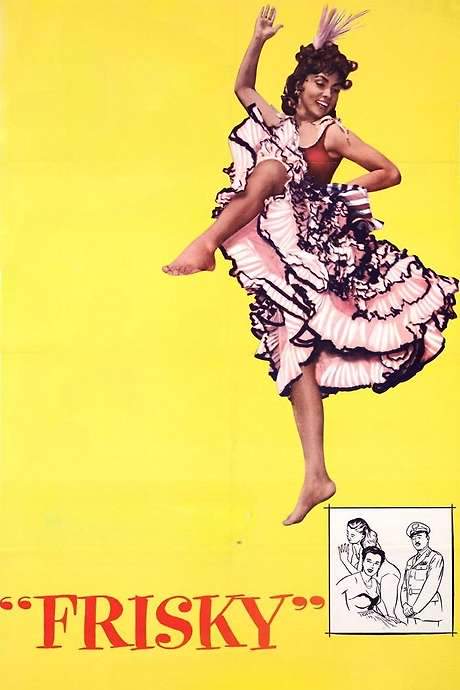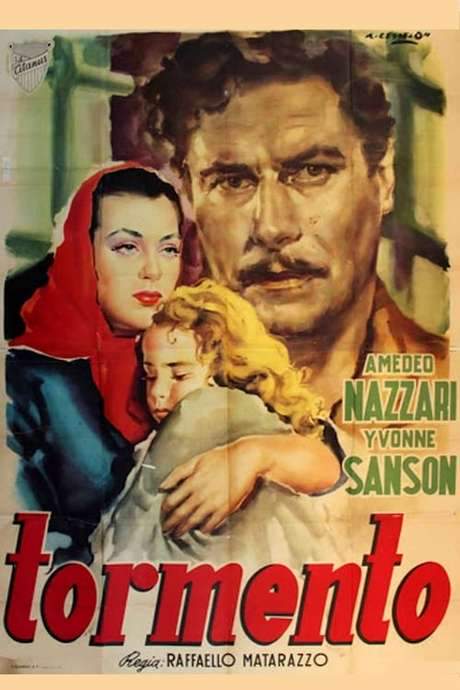
Torture Me But Kill Me with Kisses
Year: 1968
Runtime: 104 mins
Language: Italian
Director: Dino Risi
Marino travels to Rome for an event and unexpectedly meets Marisa, who becomes his great love. Their romance is tested by his disapproving father, the father’s death, and gossip that convinces Marino she has been unfaithful, causing her to flee. Remorseful, he searches and, by chance, finds her again, even confronting a deaf‑mute husband, proving love can survive any obstacle.
Warning: spoilers below!
Haven’t seen Torture Me But Kill Me with Kisses yet? This summary contains major spoilers. Bookmark the page, watch the movie, and come back for the full breakdown. If you're ready, scroll on and relive the story!
Torture Me But Kill Me with Kisses (1968) – Full Plot Summary & Ending Explained
Read the complete plot breakdown of Torture Me But Kill Me with Kisses (1968), including all key story events, major twists, and the ending explained in detail. Discover what really happened—and what it all means.
In Rome’s vibrant folklore festival, Marino Nino Manfredi Balestrini and Marisa Pamela Tiffin Di Giovanni cross paths for the first time, and the dialogue is light, courteous, and a touch hopeful. Marino speaks to her with genuine charm, but Marisa keeps her distance, guarded and wary of romantic entanglements. The scene feels simple, yet it plants a question about what the future might hold for two people from different worlds who unexpectedly meet.
A few months later, the scene shifts to Sacrofante Marche, a mountain village in the Marche region, where Marino has moved with a single purpose: to win Marisa over. He finds work as a barber, which suits his easygoing nature, and he throws himself into courting Marisa with a patient persistence. The village life—small streets, the scent of woodsmoke, and the clatter of everyday rhythm—forms a backdrop to their budding romance. The two fall deeply in love and begin to lay out plans for a shared life, dreaming of a future where constraints of class, family approval, and circumstance don’t stand in their way. But Marisa’s father is openly opposed, and that resistance casts a long shadow over their hope.
In a moment of desperate impulsiveness born of fear and longing, Marino and Marisa decide to act on their feelings in a reckless way that interrupts their days: they attempt suicide by lying on the railroad tracks. The gesture is dramatic and misguided, and a train conductor’s stern scolding interrupts their plan, reminding them of the fragility of life and the peril of such drastic measures.
The couple’s fortunes take a sudden turn when Marisa’s father dies of natural causes. This loss, though tragic, removes a key obstacle and opens a door to a brighter future. The sense of possibility returns, and for a moment it seems that the world might finally give them a chance at happiness.
Yet a new complication arrives in the form of a jealous landlady, a widow who fancies Marino and resents Marisa’s place in his life. She suggests, via insinuation, that Marisa spent a night with Guido Scortichini, a rumor that would threaten any budding romance. Guido Scortichini is portrayed by [Samson Burke], a reminder of the volatile social orbit around a working-class romance. The rumor inflames Marino’s jealousy, and he confronts Marisa, who, heartbroken, leaves him and heads to Rome. The search for truth becomes a test of endurance as Marino discovers the landlady’s lie and begins a frantic, frustrating hunt through the Eternal City, following a few scattered clues but unearthing no solid lead. He ends up penniless and despondent, wandering the streets as winter tightens its grip on the city.
Meanwhile, Marisa’s journey continues in Rome, where she takes on a string of temporary jobs in an effort to forget the pain of her separation from Marino. Eventually she finds work with Umberto Ciceri, a deaf and mute tailor whose quiet kindness and practical decency offer her a measure of comfort and stability. Umberto, a patient and generous man, sees her pain and offers a steadiness that contrasts with the upheavals of the past. The contrast between Marisa’s fragile past and Umberto’s steady presence becomes a quiet, sustaining thread through this part of the story.
Back in the capital, Marino hits rock bottom and makes a drastic choice on New Year’s Eve: he plans to end his life by leaping into the river Tiber from the Cavour Bridge. A figure named Mr Okay intervenes, saving him and bringing him to a hospital. The rescue marks a shift from despair to an uneasy hope, a moment of interruption in a life that seems determined to spiral downward.
Marisa, guided by a stubborn thread of concern and the newspaper accounts of Marino’s fate, comes to visit him in the hospital. Her appearance signals a turn of the wheel toward reconciliation, and for a moment it seems they might find a way back to one another. Yet fate has another turn in store: Marisa has become Mrs. Ciceri, having married her employer, Umberto. The revelation is a bitter irony—Marino’s hopes collide with the new life Marisa has chosen.
A new twist arrives as Marino, now wealthy after a lottery win sparked by a shared moment of luck with a bedmate who supplies the numbers, reenters the scene with a new air of confidence and entitlement. He finds Marisa in Umberto’s tailor workshop, and his wealth and self-possession sharpen his sense of superiority. He tests the boundaries of their past, attempting to reassert control over a story that has moved far beyond him. Umberto, who cannot hear or speak in the same way as others, continues to approach life with quiet generosity, unaware of the history between Marino and Marisa, and he remains soft-hearted toward the people around him, including Marino.
Marisa, though still capable of feeling, resists the temptation to fall back into old patterns. She rejects Marino’s arrogance, yet there remains a fragile possibility of reconciliation. The two rekindle a fragile, complicated passion, but the presence of Umberto — kind, patient, and loyal — complicates any simple resolution. The old plan to be together must be weighed against the reality of Marisa’s marriage and the ethical and emotional consequences that come with it.
In a turn that mirrors the tension between desire and responsibility, Marino and Marisa devise one last, dangerous scheme: to remove Umberto from their path under the pretense of a gas explosion. The plan fails in a dramatic reversal of luck, and Umberto survives the event, now able to speak and hear once more. With his return to health comes a vow he makes on his mother’s deathbed: if he ever regains his senses, he will become a monk. This declaration reframes the trio’s relationships, delivering a final blow to the idea that the lovers can simply be free to choose each other without consequence.
With Umberto’s blessing and a deeper understanding of the forces that have bound them, Marisa and Marino finally find a path toward a possible future together. The ending carries a quiet, bittersweet dignity: love endures, but it does so within the boundaries of responsibility, sacrifice, and the complicated layers of their intertwined lives. The film holds onto a hopeful note, suggesting that fidelity and compassion can outlast even a cascade of misunderstandings, missteps, and the pressures of circumstance.
-
The romance is told with a patient, humane tone, rooted in ordinary moments that accumulate into a tale of longing, resilience, and the endurance of love.
-
The performances—especially the contrast between the grounded warmth of Umberto Ciceri and the restless, searching energy of Marino—lend emotional weight to a story that traverses small-town life, the bustle of Rome, and the powder-keg of jealousy and longing.
-
Throughout, the film keeps a steady focus on the humanity of its characters, avoiding sensationalism even as it navigates melodramatic turns, ensuring that every gesture and decision feels earned, lived, and true to the characters’ imperfect but heartfelt yearnings.
Last Updated: October 09, 2025 at 09:30
Explore Movie Threads
Discover curated groups of movies connected by mood, themes, and story style. Browse collections built around emotion, atmosphere, and narrative focus to easily find films that match what you feel like watching right now.
Epic Melodramatic Romances like Torture Me But Kill Me with Kisses
Love stories tested by fate, misunderstanding, and societal pressure.If you enjoyed the tumultuous love story in Torture Me But Kill Me with Kisses, you'll find similar movies here. These films feature couples facing major obstacles like family disapproval, cruel gossip, and fateful misunderstandings, leading to emotional separations and hopeful, bittersweet reunions.
Narrative Summary
These narratives typically follow a couple's intense romance that is immediately or gradually threatened by significant obstacles—often a combination of family disapproval, class differences, and damaging miscommunication. The story arc involves a painful separation, a period of longing and personal growth, and culminates in a fate-driven reunion that proves the enduring power of love, albeit often with scars.
Why These Movies?
Movies are grouped here because they share a core focus on a central romantic relationship subjected to severe melodramatic trials. They balance heartwarming connection with heartbreaking drama, resulting in a bittersweet emotional tone and a pacing that allows the weight of separation and the joy of rediscovery to resonate deeply.
Bittersweet Character Dramas like Torture Me But Kill Me with Kisses
Stories where joy and sorrow are deeply intertwined in character arcs.For viewers who appreciated the mix of hope and melancholy in Torture Me But Kill Me with Kisses, this collection highlights similar movies. These stories balance romantic or personal aspirations with serious real-world consequences and dramatic setbacks, leading to resolutions that feel authentic and emotionally satisfying.
Narrative Summary
The narrative pattern involves characters pursuing a central goal, typically love or connection, which is met with a series of realistic and often harsh setbacks. The journey is as important as the destination, focusing on personal growth through adversity. The conclusion acknowledges the pain endured while finding a glimmer of hope, resulting in an ending that feels true to the struggles faced.
Why These Movies?
These films are grouped by their shared ability to blend light and dark emotions seamlessly. They avoid being overly saccharine or utterly bleak, instead presenting a nuanced view of life where love survives but not without cost, and endings provide closure that is hopeful yet realistically tempered by past sorrows.
Unlock the Full Story of Torture Me But Kill Me with Kisses
Don't stop at just watching — explore Torture Me But Kill Me with Kisses in full detail. From the complete plot summary and scene-by-scene timeline to character breakdowns, thematic analysis, and a deep dive into the ending — every page helps you truly understand what Torture Me But Kill Me with Kisses is all about. Plus, discover what's next after the movie.
Torture Me But Kill Me with Kisses Timeline
Track the full timeline of Torture Me But Kill Me with Kisses with every major event arranged chronologically. Perfect for decoding non-linear storytelling, flashbacks, or parallel narratives with a clear scene-by-scene breakdown.

Characters, Settings & Themes in Torture Me But Kill Me with Kisses
Discover the characters, locations, and core themes that shape Torture Me But Kill Me with Kisses. Get insights into symbolic elements, setting significance, and deeper narrative meaning — ideal for thematic analysis and movie breakdowns.

Torture Me But Kill Me with Kisses Spoiler-Free Summary
Get a quick, spoiler-free overview of Torture Me But Kill Me with Kisses that covers the main plot points and key details without revealing any major twists or spoilers. Perfect for those who want to know what to expect before diving in.

More About Torture Me But Kill Me with Kisses
Visit What's After the Movie to explore more about Torture Me But Kill Me with Kisses: box office results, cast and crew info, production details, post-credit scenes, and external links — all in one place for movie fans and researchers.

Similar Movies to Torture Me But Kill Me with Kisses
Discover movies like Torture Me But Kill Me with Kisses that share similar genres, themes, and storytelling elements. Whether you’re drawn to the atmosphere, character arcs, or plot structure, these curated recommendations will help you explore more films you’ll love.
Explore More About Movie Torture Me But Kill Me with Kisses
Torture Me But Kill Me with Kisses (1968) Scene-by-Scene Movie Timeline
Torture Me But Kill Me with Kisses (1968) Movie Characters, Themes & Settings
Torture Me But Kill Me with Kisses (1968) Spoiler-Free Summary & Key Flow
Movies Like Torture Me But Kill Me with Kisses – Similar Titles You’ll Enjoy
Kiss Me, Guido (1997) Full Movie Breakdown
Kiss Me Again (2006) Spoiler-Packed Plot Recap
Km. 0 (2000) Complete Plot Breakdown
The Torturer (2005) Full Summary & Key Details
Kiss Me a Killer (1991) Full Summary & Key Details
Kiss Me Goodbye (1982) Complete Plot Breakdown
Kill Me Quick, I’m Cold (1967) Ending Explained & Film Insights
Frisky (1954) Complete Plot Breakdown
Kiss or Kill (1997) Film Overview & Timeline
Tormento (1950) Plot Summary & Ending Explained
Kiss and Make-Up (1934) Detailed Story Recap
A Drama of Jealousy (and other things) (1970) Complete Plot Breakdown
Help Me, My Love (1969) Full Summary & Key Details
Kiss Me in the Rain (1999) Full Summary & Key Details
Kissing a Fool (1998) Story Summary & Characters






































-hbTR_oK2SWsInw.jpg)


